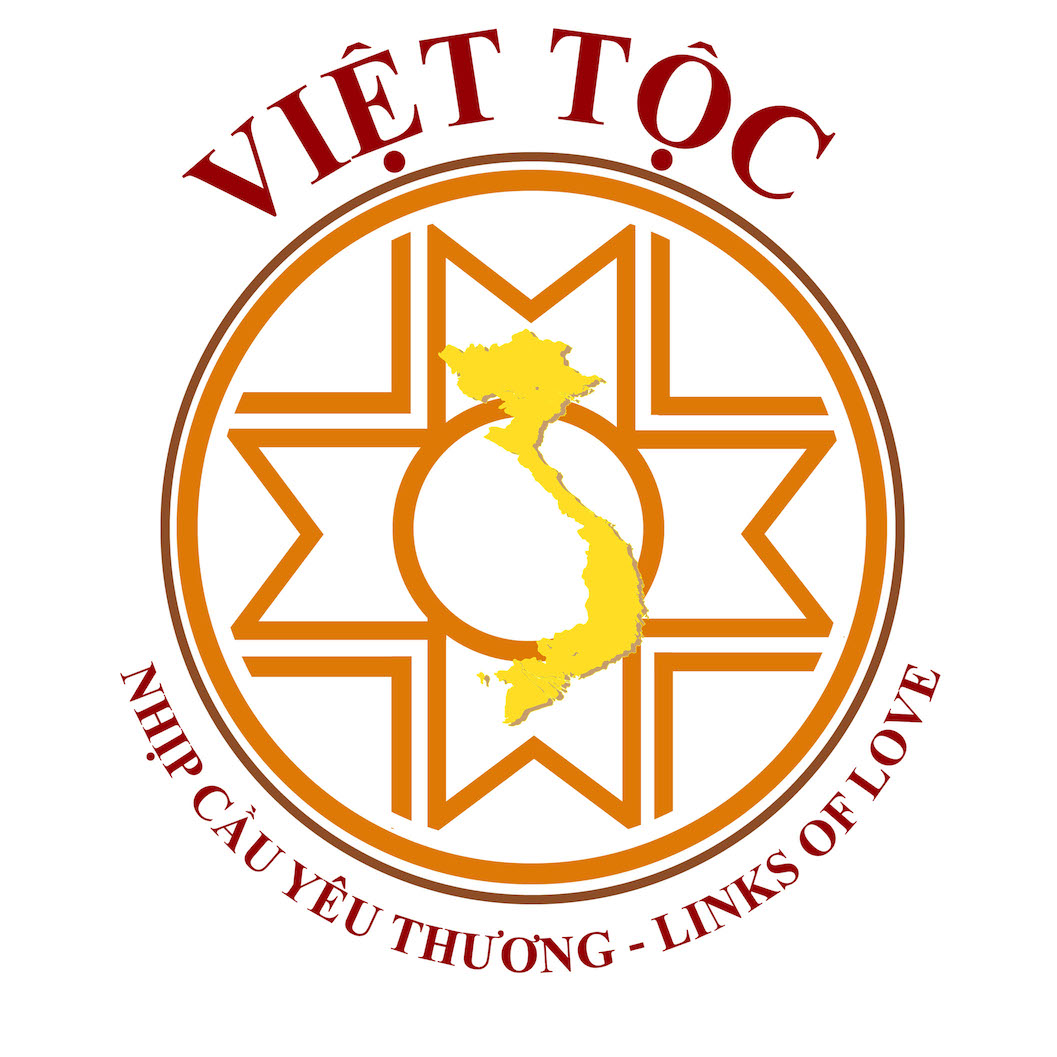The Education, The Evangelization
Fr. Tran Si Tin – Translated by Uyên Thy
Twenty-five years ago, Father Vang came to visite some of the Redemptorists brothers in Tay Nguyên, Vietnam, then coming back to the United states, he established the Viet Toc Foundation. After these past 25 years, still together with the Redemptorists brothers, Father Vang has celebrated and gave thanks to God at the Redemptorist House in Pleiku.
In 1953, the Jarai Mission of the Redemptorist brothers was established by Bishop Paul-Léon Seizt Kim. In 1969, Bishop Kim brought the Jarai Mission to Pleiku. Twenty-nine years later, Father Tran Cong Vang came and joined the Jarai Mission of the Redemptorists. Since Father Vang was already a Redemptorist monk, by the accompany of the Redemptorist missionaries, he encountered the Jarai people in their villages. Father Vang’s encounter with the Jarai people was similar to how Saint Alphonsus encountered the mountain people of Scala. Just like Father Vang, Saint Alphonsus came to understand his vocation of evangelizing the poor, who were abandoned above all else, by society and the Church.
Thus, as spoken by the present Collegial Church, Father Vang and Viet Toc have joined the Communion, Participation and Mission of Jarai. As in the Gospel, Father Vang and Viet Toc show us the image of Jesus as the Good Shepherd, who sacrificed his life for his sheep against attacks of many kinds of modern wolves (John 10, 11-12).
In evangelizing the poor, the missionaries must confront with countless social issues that the poor face. One of those social issues is illiteracy. For the poor indigenous, this issue is exacerbated for the following reasons:
– Indigenous children do not have formal school-based education. They were raised in the oral tradition. The written words emerge only with the missionaries.
– When the children are at school, they have to learn in Vietnamese, which is foreign to them. When they return to their families in the village, they only speak in their local language. Their parents are also not fluent in Vietnamese, and they are illiterate. School is a foreign environment for the children, where they are often neglected, and most of the time, are racially discriminated against.
– Although in principle, school is free of charge, the students must pay for many things: shoes, books, uniforms, sanitation, construction, and earlier even national defense, but their parents do not have any money. Many parents and the children themselves view schooling as an idling business, which is costly. Schooling does not bring any benefits to their family, who is currently being deprived of basic necessities and still struggling with life.
– The higher they advance in education, the more struggles the children face, especially since this higher education costs more. After 12 years from primary school, secondary school, to high school, there are more years of higher education and college. What happens after? It is very difficult to get a job! When the children go out to apply for a job, people holler at them: 200 or 300 million Dong! No Jarai family would have such large sum of money! That is a barricade for the children, and it is also a barricade for those who help the children. Besides, not many people want to help the children who do not persist and strive to study until the end. It is also wearisome for Father Vang to travel back and forth to beg for money for the children and try to convince people who are not quite convinced of this 100-year work of planting people.
– As above, I just briefly conveyed the difficulties of the indigenous children in the Central Highlands, and the hardships Father Vang and the Viet Toc Foundation endure. Facing these great difficulties together with exhaustion, should we give up and quit? Abandoning the children into illiteracy? Pope Francis once said: How unjust that is! And now, I would like to borrow the Pope’s words for us to reflect upon:
Education is “a truly unique form of evangelization,” as Pope Francis affirmed during his General Audience on November 23, 2016, in the Paul VI Audience Hall at the Vatican. He honored all Christians “who have given their own lives to teaching, to the education,” contributing to “restore dignity to the poorest.”
The Pope continued in his catechesis on the works of mercy, concerning he works of “counseling the doubtful and instructing the ignorant.” He also said, “In a world where technological scientific progress has come so far, there are illiterate children! It is an injustice… Without education, one easily falls prey to exploitation and various forms of social disadvantages.”
Thus, according to the Holy Father, “Education is truly a unique form of evangelization.” A French character once said: “Evangeliser est humaniser.” (To evangelize is to humanize.) — Evangelization is humanization. I would add: “Evangeliser est spiritualiser.” (To evangelize is to spiritualize.) — Evangelization is spiritualization.
That is also the mission of the Viet Toc. Thanks to God. And may God bless the Viet Toc Foundation, Father Vang, and all who are in communion and participating in the mission of evangelization, by providing education to the poor and abandoned indigenous children of the Central Highlands.
Fr. Tran Si Tin CSsR – Courtesy Translated by: Uyên Thy
Recent Activities
Mission in Chad-Africa 2025
Tuyệt vời khi chính các em lớp lớn quay sang giúp kèm các em nhỏ. Kiến thức có thể không bằng các em người Kinh, nhưng các em không chỉ dạy mà còn chia sẻ yêu thương và cảm nghiệm buôn làng, nơi các em cùng sinh trường và lớn lên.












